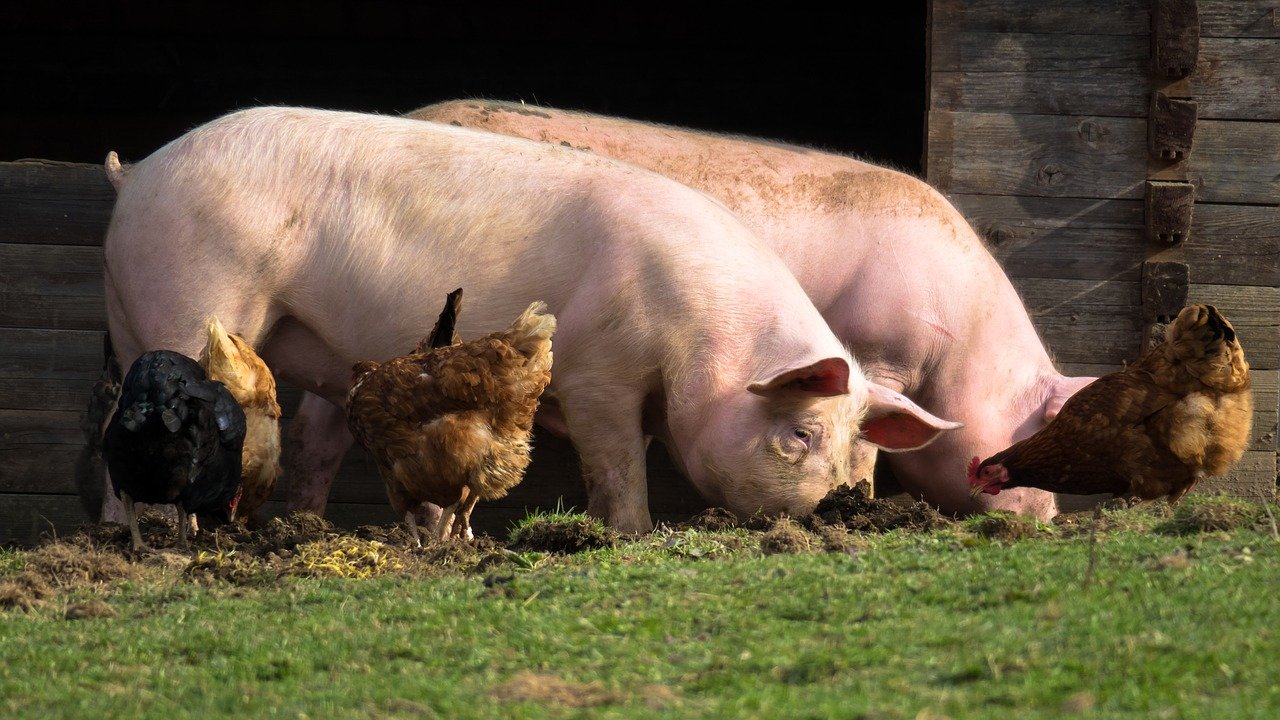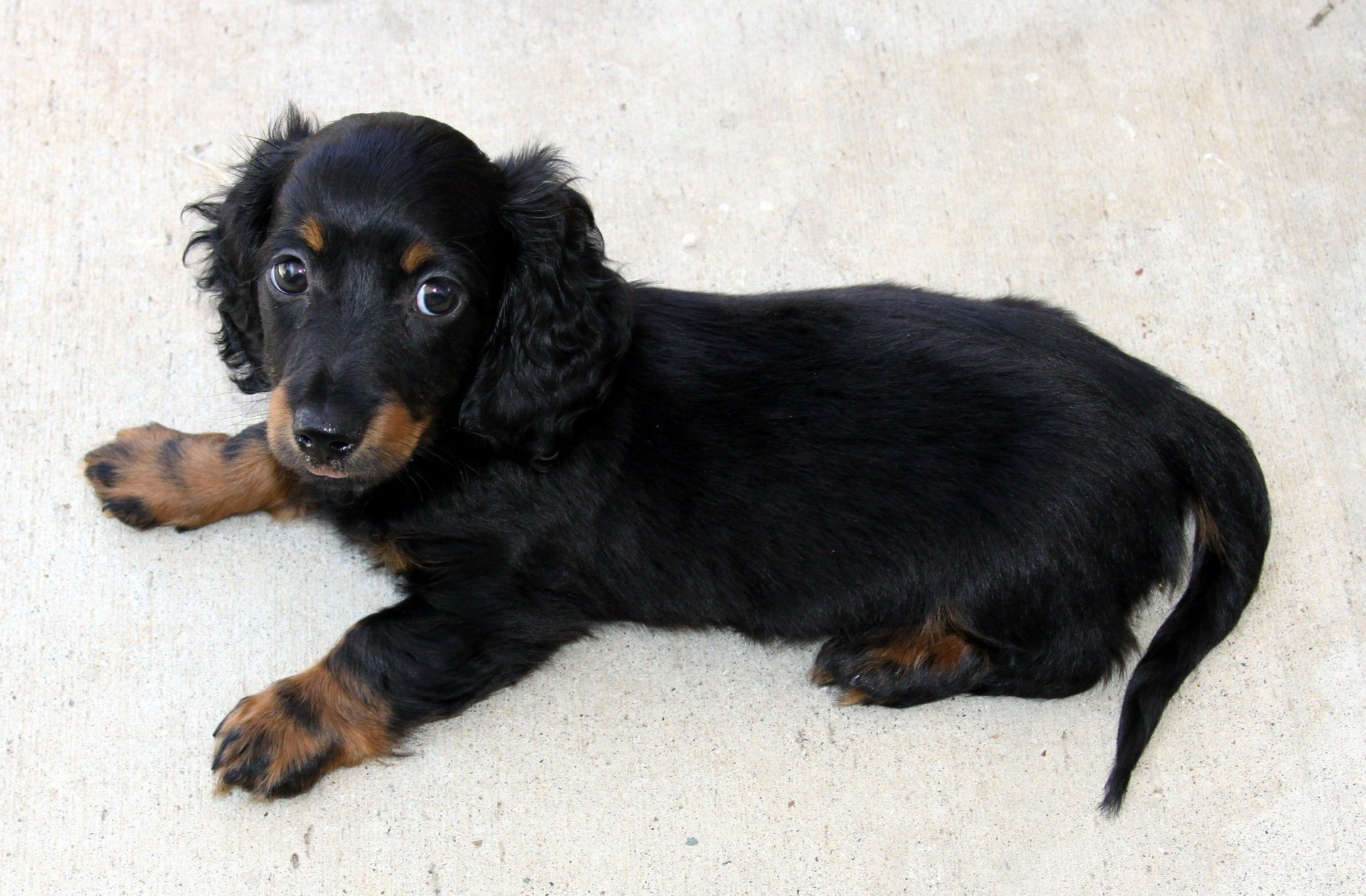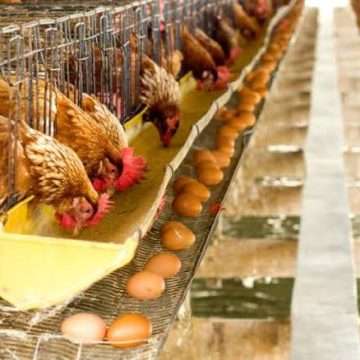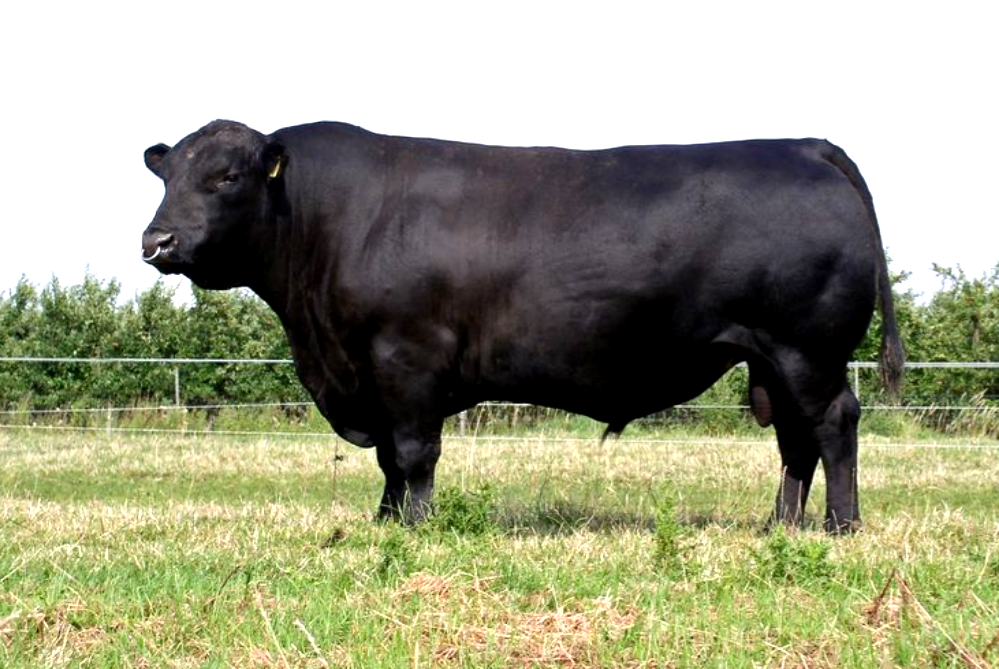Interesting Facts about Angus Cattle
Angus cattle breed is one of the most sorts after breeds for commercial cattle breeding.
This breed has different varieties, and there are interesting facts you would love to know about this breed and the few disadvantages of rearing Angus cattle.
Origin of Angus Cattle
Angus cattle, also known as Aberdeen Angus, are a breed of cattle that originate from Scotland.
Angus cattle were first discovered in the US in 1883, and the American Angus Association was founded in 1885 to promote and register Angus cattle in the country.
This cattle breed is now very popular in the United States, with over 330,000 Angus beef cattle registered each year.
What are Angus cattle Known for?
For most farmers, the purpose of having Angus cattle is to crossbreed it with other quality cattle like Hereford to improve carcass quality, milking ability, and other traits of other breeds of cattle.
Angus cattle are primarily black, although some red Angus does exist.
The breed is known for its distinctive appearance, with a smooth coat and muscular build.
It is also known for being resistant to harsh weather conditions adaptability, not being difficult to control, not demanding, and having good food conversion.
Angus cattle are adaptable to a wide range of climates and environments, making them a popular choice for farmers worldwide.
Angus cattle are renowned for their meat quality, with their beef known for its marbling, tenderness, and flavor.
Angus beef is often used in high-end restaurants and gourmet food products.
Angus’s Weight and temperament
Angus cattle are used for both meat production and as breeding stock, with high-quality bulls often commanding high prices at auction.
The average weight of a mature Angus bull is around 1,500-1,800 pounds, while mature cows weigh between 1,100-1,200 pounds.
While Angus cattle are short in stature, they are big. A 1, 2, and 3-year-old Angus cattle can weigh 900 pounds, 1,100 pounds, and 1,300 pounds respectively, and keep growing till 7 years of age.
Angus cattle are known for their docile temperament, making them easier to handle and manage than some other breeds of cattle.
What are the Disadvantages of the Angus Cattle Breed?
Angus cattle are a popular breed of cattle that are known for their meat quality and adaptability.
However, there are pros and cons of Angus cow, and here are some of the few disadvantages of the Angus cattle breed.
Angus is Costly for small farmers
Angus cattle can be expensive to acquire to make your herd, therefore it’s less accessible for small farmers or those on a tight budget.
Temperament issue
While it’s generally believed that Angus cattle are good-natured, and docile, many Angus breeds can be very aggressive.
Some Angus cattle can be difficult to control if you don’t breed them from the calf.
Also, the mothering ability makes Angus have an aggressive temperament when raising calves, which can make handling and management more difficult for farmers at this time.
Feed and Space requirements
Angus cattle require a high-quality diet to maintain their weight and health, which can be expensive and time-consuming for farmers.
They are big and muscular and need high-quality food to maintain their weight.
They also require a large space to move around and exercise since they love physical activities to exercise their large muscles.
Heat problems
Angus cattle can suffer health problems in Summer when the heat increases. While Angus cattle can tolerate harsh weather and adapt, they tend to overheat in hot temperatures.
Overheating can Angus to be less active while they look for shade, therefore, there should be enough shade and water to cool their body in the hot season.
Health issues
Angus cattle are prone to certain genetic health problems such as Arthrogryposis Multiplex, Developmental Duplications, Contractural Arachnodactyly, and Neuropathic Hydrocephalus.
There are other cases of respiratory problems, eye issues, and reproductive problems, and these health issues can increase treatment costs and reduce farmers’ profitability.
Limited genetic diversity
Since Angus cattle are a purebred breed, there is limited genetic diversity within the population, which can make them more vulnerable to disease and environmental stressors.
Low milk production
Angus cows are not known for their quality milk production, but in low supply, which can make them less desirable for dairy farmers.
Angus cattle don’t have a horn
While Angus cattle sell well in the market, not having horns can still affect their marketability in some cases.








